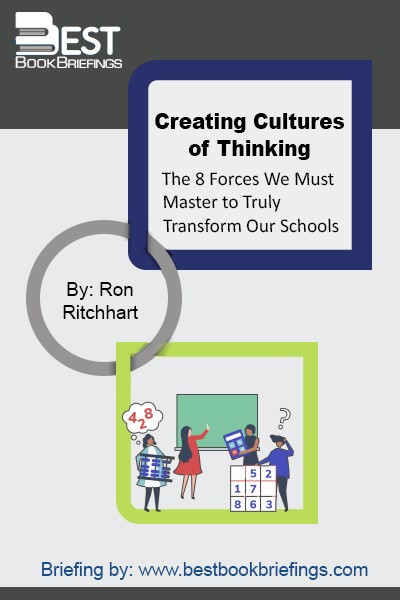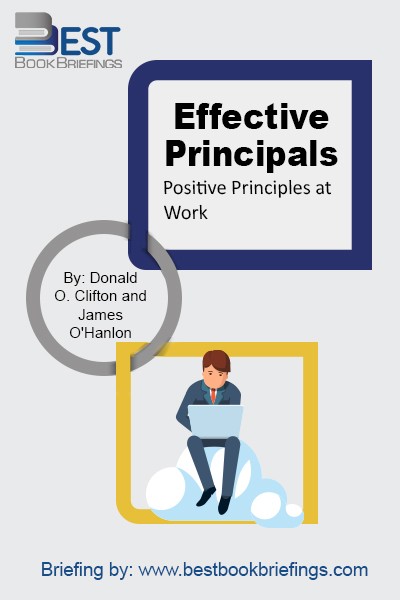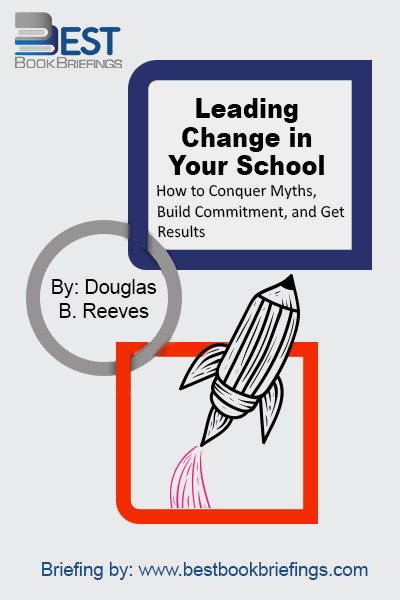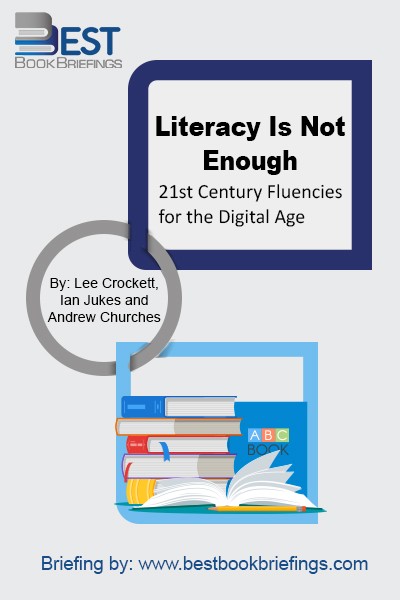Literacy Is Not Enough
21st-century Fluencies for the Digital Age
Editorial Review
It is no longer enough that we educate only to the standards of the traditional literacies. If students are to survive, let alone thrive, in the 21st-century culture of technology-driven automation, abundance, and access to global labor markets, then independent thinking and its corollary, creative thinking, hold the highest currency. To be competent and capable in the 21st century requires a completely different set of skills. These 21st-century fluencies (Solution Fluency, Information Fluency, Creativity Fluency, Media Fluency, Collaboration Fluency, and Global Digital Citizenship) are identified and explained in detail as processes that can be learned and applied by students. We go beyond the “why” we need to change and focus on the “how” to change.
Books on Related Topics

When and where have you been a part of a culture of thinking? That is, when have you been in a place where the group’s collective thinking as well as each individual’s thinking was valued, visible, and actively promoted as part of the regular day-to-day experience of all group members? Over

Read and learn as James O'Hanlon and Donald Clifton describe how elementary and secondary principals, identified as outstanding, carry out their work. According to the authors, these principals resemble highly effective managers in business in their adherence to the tenets of positive psychology. While the position of principal is highly demanding,

In more than two-and-a-half million miles of travel to schools in every part of the world, we have found a growing number of change leaders. These are the people who not only implement change successfully, but also appear to thrive on it. Their colleagues are no more insightful, desperate, or well



